You may be an expert organic product tracker or you may have been taken for a ride more than once. Either way, sometimes it’s not so easy to tell the difference between organic and non-organic products.
Some supermarkets facilitate the task by including complete islands or aisles dedicated exclusively to fruit, vegetables, wine… in short, to organic products. However, it is not always that simple. The fact that the supermarket offers this section does not guarantee that all products are truly organic. Unfortunately, the supermarket has been invaded by pseudo eco-foods. In this situation, we want to help you to be an astute consumer and be able to identify products that are organic.
Look for the Euroleaf! This is the key
All EU eco-products must have a label certifying this. It is therefore very easy to recognize them: just look for the Euroleaf.
The Euroleaf is a label granted by the European Union to products that meet a series of requirements. As it is regulated, we ensure that foodstuffs bearing this seal on their label are indeed organic.
Remember that organic production implies, of course, respecting the rules of organic farming. Therefore, for a food to be labeled with the Euroleaf, it must comply with these standards. These are the fundamental principles:
- Prohibition of the use of GMOs.
- Prohibition of the use of ionizing radiation.
- Limiting the use of artificial fertilizers, herbicides and pesticides.
- Prohibition of the use of hormones and restriction of the use of antibiotics only when necessary for animal health.
Green that I love you… green?.
Don’t be fooled by simple green packaging on a supermarket product. At first glance, you might assume it’s an organic food, however, just because a product’s packaging is ‘apparently eco’ doesn’t mean it really is.
We have all fallen into the trap at some time, so do not forget that it is mandatory to label organic products in all EU countries with the Euroleaf we have already talked about.
This label certifies that the product complies with the standards and requirements established to be considered organic/organic/organic -all synonyms-.
You already have all the information! Now you just have to put it into practice. Remember that by buying organic products you are taking care of the planet and your future.
You may also be interested in: Ecological, bio, organic…. What is the real difference?
